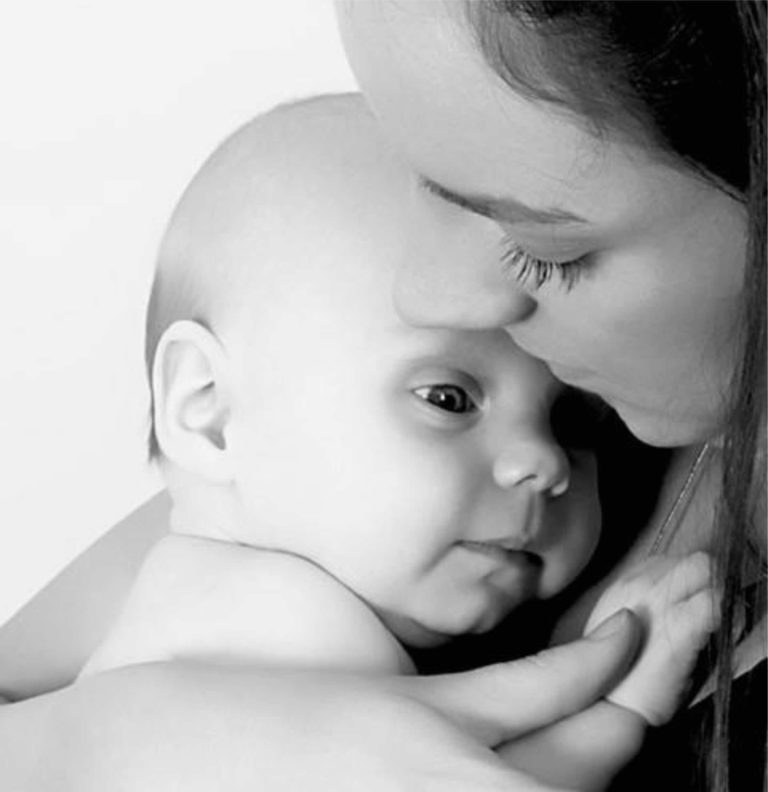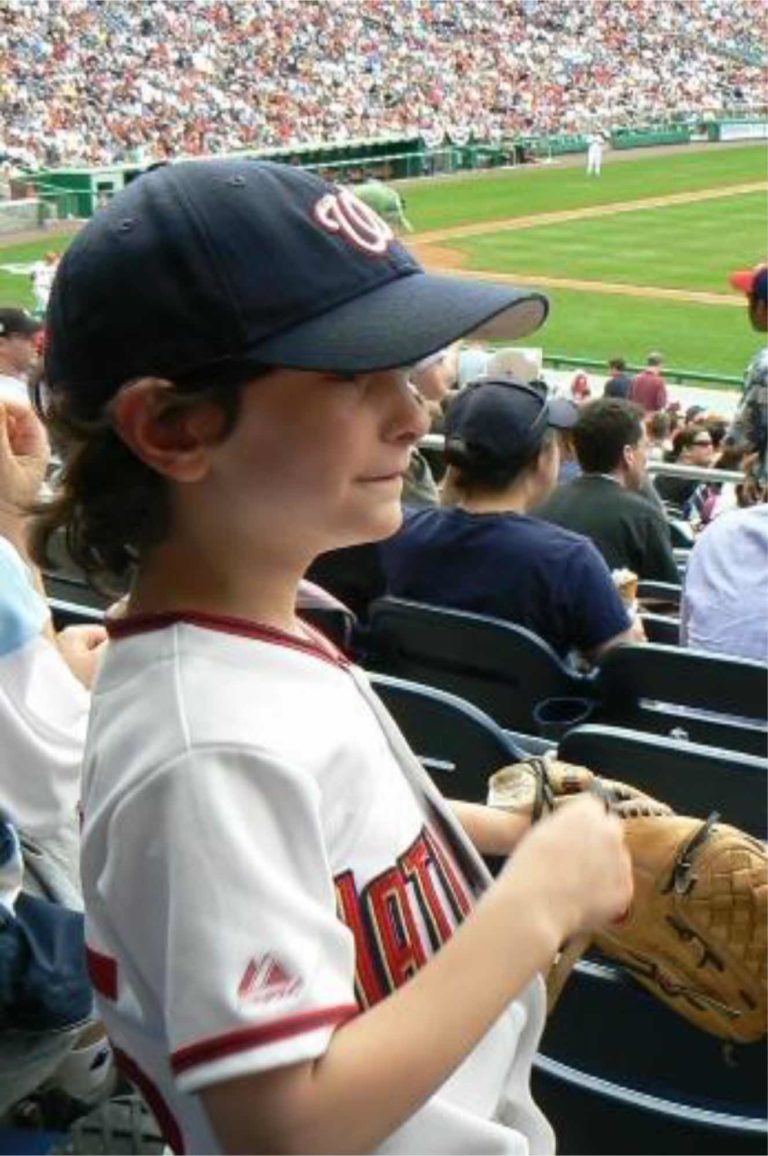The coming of age film, “Eighth Grade,” illustrates the importance of a father’s steady presence during adolescence. Thirteen year-old Kayla has been raised by her single father, Mark, whose well-intended, imperfect yet reliable support fosters his daughter’s greater self-acceptance. After frustrated attempts at communicating with her father, Kayla reveals, “Sometimes I think that when I’m older, I’ll have a daughter of my own… and I feel like if she was like me, then being her mom would make me sad all the time.”
Mark offers Kayla the opportunity to consider an alternative narrative to the rejecting identification she has internalized with her absent mother. Mark’s capacity to endure the painful and realistic moments in which nothing he says is acceptable to his daughter, at least on the surface, provides emotional containment for Kayla as she struggles with regulating her connection and intimacy with her father.
Kayla, “Can you not look like that, Please?!”
Mark, “Like what?”
Kayla, “Just like, the way you are looking.”
Mark, “Looking at the road?”
Kayla, “You can look at the road, Dad. I obviously didn’t mean that! Just like — don’t be weird and quiet while you do it!”
Mark, “Sorry. Hey, how was the shadow thing?”
Kayla, (interrupts) “No! You were being quiet, which is fine. Just like — don’t be weird and quiet. Cause like, I look over at you. And I think you are about to drive us into a tree or something and then I then I get really freaked out and then I can’t text my friends, so just like be quiet and drive. And don’t look weird and sad. Please!”
Dad — okay….(softly), followed by silence… Kayla looks at Dad…”That’s worse.”
Although these exchanges leave her father feeling ineffective and rejected, his capacity to withstand these moments is fundamental to supporting Kayla’s struggle towards emotional regulation and self-acceptance, and provides a safe haven for Kayla at a crucial phase of development.



